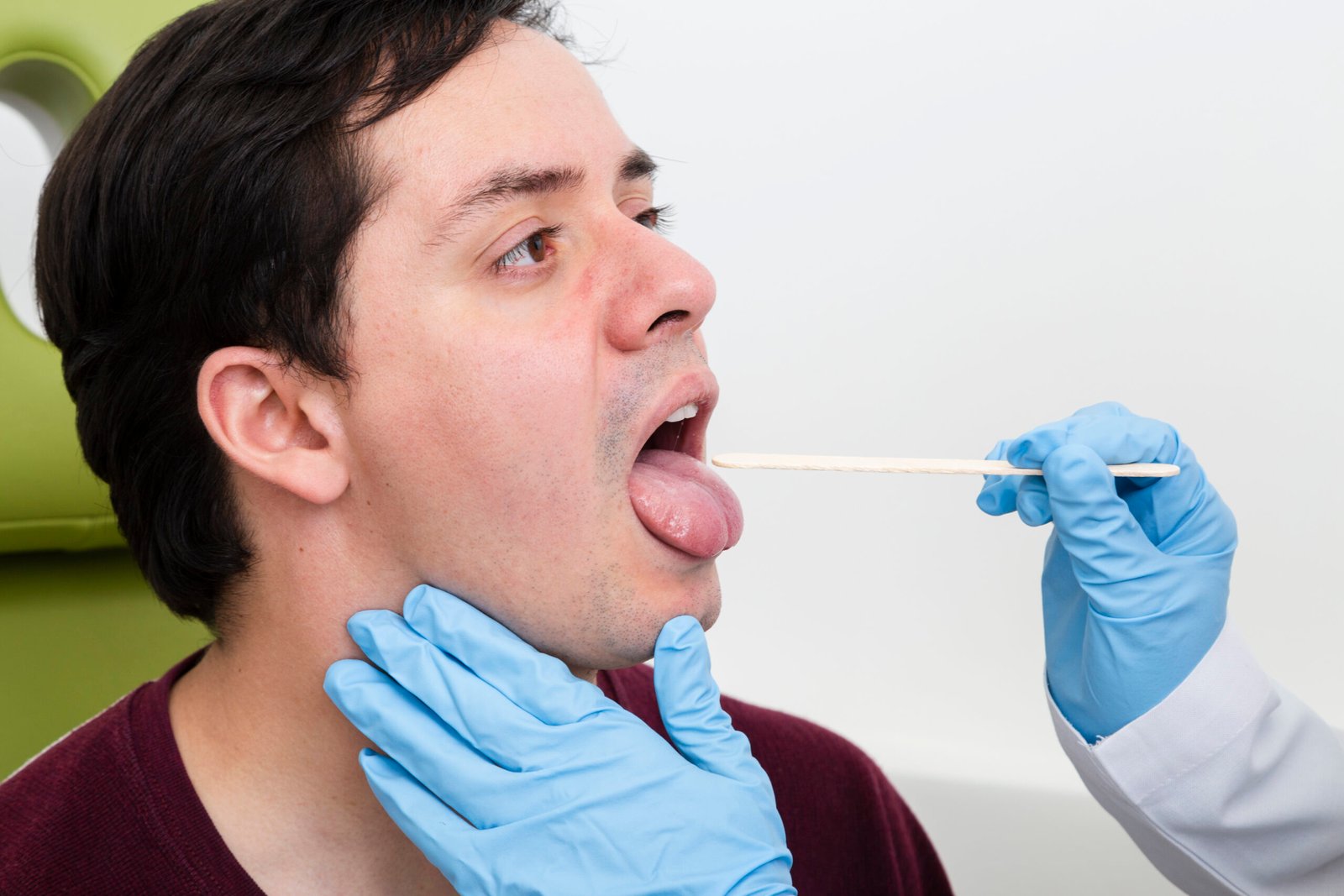Sleep apnea and related breathing disorders can significantly impact the quality of life. One innovative solution to these issues is Tongue Base Reduction Surgery. This surgical procedure has gained popularity for its effectiveness in treating obstructive sleep apnea (OSA) by reducing the size of the tongue base, thereby improving airway flow. In this comprehensive guide, we will delve into the details of Tongue Base Reduction Surgery, its benefits, risks, and what you can expect from the procedure.
What is Tongue Base Reduction Surgery?
Tongue Base Reduction Surgery is a surgical procedure aimed at reducing the size of the tongue’s base. The base of the tongue can sometimes obstruct the airway during sleep, leading to conditions like obstructive sleep apnea. By reducing the volume of this part of the tongue, the airway is enlarged, which helps in alleviating breathing difficulties.
Who Needs Tongue Base Reduction Surgery?
This procedure is primarily recommended for individuals diagnosed with obstructive sleep apnea, especially those who have not found relief from other treatments such as continuous positive airway pressure (CPAP) therapy, oral appliances, or lifestyle changes. It is particularly beneficial for patients where the primary site of airway obstruction is the tongue base.
How Does Tongue Base Reduction Surgery Work?
The procedure can be performed using various techniques, each aiming to reduce the tongue base’s size and improve airway patency. Common methods include:
- Radiofrequency Ablation (RFA):
- Procedure: A probe delivers radiofrequency energy to the tongue base, causing controlled damage and subsequent shrinkage of the tissue.
- Recovery: Minimal downtime, with most patients resuming normal activities within a few days.
- Laser-Assisted Reduction:
- Procedure: A laser is used to precisely remove excess tissue from the tongue base.
- Recovery: Similar to RFA, with quick recovery times and minimal discomfort.
- Coblation:
- Procedure: This technique uses radiofrequency energy combined with saline to create a plasma field that gently removes tissue.
- Recovery: Typically involves a short recovery period with less pain compared to traditional surgery.
Benefits of Tongue Base Reduction Surgery

- Improved Breathing: By reducing the obstruction at the tongue base, patients experience better airflow during sleep, leading to a reduction in apnea episodes.
- Enhanced Sleep Quality: With fewer interruptions in breathing, patients enjoy more restful and uninterrupted sleep.
- Decreased Daytime Sleepiness: Improved sleep quality translates to reduced daytime fatigue and better overall functioning.
- Better Cardiovascular Health: Effective treatment of sleep apnea can lower the risk of heart disease, hypertension, and stroke.
Risks and Considerations
As with any surgical procedure, Tongue Base Reduction Surgery comes with potential risks and considerations:
- Pain and Discomfort: Mild to moderate pain and swelling are common post-surgery but can be managed with prescribed medications.
- Infection: There is a risk of infection at the surgical site, though this is rare and can be treated with antibiotics.
- Voice Changes: Some patients may experience temporary changes in their voice due to the proximity of the surgery to the vocal cords.
- Swallowing Difficulties: Swelling can cause temporary swallowing issues, which usually resolve within a few days to weeks.
Preparing for Tongue Base Reduction Surgery
Preparation is crucial for the success of the surgery and a smooth recovery. Here are some steps to follow:
- Medical Evaluation: Undergo a thorough evaluation by your ENT specialist to determine if you are a suitable candidate for the surgery.
- Lifestyle Adjustments: Your doctor may recommend quitting smoking and avoiding alcohol prior to the surgery to reduce the risk of complications.
- Medication Review: Inform your surgeon about any medications you are taking, as some may need to be paused or adjusted before surgery.
- Fasting: Follow any pre-surgery fasting instructions provided by your healthcare team.
What to Expect During the Procedure
The surgery typically takes place under general anaesthesia and can last from 30 minutes to a couple of hours, depending on the technique used and the extent of tissue removal required. Here is a step-by-step overview:
- Anaesthesia: You will be given general anaesthesia to ensure you are asleep and pain-free during the procedure.
- Incision and Tissue Removal: The surgeon will make precise incisions and remove or shrink the excess tissue at the tongue base.
- Closure and Recovery: Once the procedure is complete, the surgical site is closed, and you will be monitored in a recovery room until the anaesthesia wears off.
Recovery and Aftercare
Post-surgery care is vital for a smooth recovery and optimal outcomes. Here are some tips for effective aftercare:
- Pain Management: Take prescribed pain relievers as directed to manage discomfort.
- Hydration and Diet: Stay hydrated and start with soft foods to ease swallowing. Gradually reintroduce solid foods as you heal.
- Follow-up Appointments: Attend all scheduled follow-up appointments to monitor your progress and address any concerns.
- Rest and Recovery: Allow yourself ample rest and avoid strenuous activities until cleared by your doctor.
Long-Term Outcomes
Most patients experience significant improvements in their sleep quality and a reduction in sleep apnea symptoms following Tongue Base Reduction Surgery. Long-term benefits include:
- Sustained Symptom Relief: Many patients report lasting relief from sleep apnea symptoms, leading to improved overall health and well-being.
- Enhanced Quality of Life: Better sleep quality translates to enhanced daily functioning, mood, and cognitive performance.
- Lowered Health Risks: Effective management of sleep apnea reduces the risk of associated health conditions such as cardiovascular disease and diabetes.
Conclusion
Tongue Base Reduction Surgery is a promising solution for individuals struggling with obstructive sleep apnea and related breathing disorders. By addressing the root cause of airway obstruction, this procedure offers a path to better sleep, improved health, and a higher quality of life. If you are considering this surgery, consult with a qualified ENT specialist to determine if it is the right option for you. With proper preparation, skilled execution, and diligent aftercare, Tongue Base Reduction Surgery can be a life-changing intervention for those in need.










